How to prepare for your first TV interview. When a journalist or news organisation calls, it's because they're looking for help. They may have questions about you, or your organisation.
Or they are looking for someone with specific expertise to explain and give context to a news story.
Tip! Don't panic. A TV news appearance is an amazing opportunity to share your insight, knowledge and expertise.
When preparing for your first TV interview, start with the who, what, and why approach.
Start with some questions of your own. Who are they? What do they want? And why me?
Who are they?
Journalists will always introduce themselves and say which media organisation they represent but dig a little deeper. This is because many journalists are specialists.
For example, if they are from the BBC, do they work in local or national news? Radio or TV? What's the name of their network or station? Radio 4? Radio 1? What's their programme called?
You might end up with an answer "BBC Radio 4, Moneybox."
Should you agree to appear you now have a starting point for your preparation because a quick Google search reveals:
BBC Radio 4, Moneybox is "The latest news from the world of personal finance plus advice for those trying to make the most of their money."
You can now listen to previous episodes of the show online for tone, content, and style:
- Is the presenters' style combative or relaxed and friendly?
- What kind of questions do they ask?
- Identify key themes they discuss.
- Get an idea of interview durations.
- Is the show live, or pre-recorded?
Doing your research on a programme will help you focus your preparation, and you'll be able to tailor your tone, style and answers so that you fit in perfectly and hopefully get asked back.
Tip! Journalists are usually time-poor and direct, but don't let this throw you off guard, don't immediately assume they are trying to catch you out.
Your first TV interview, what do they want?
People appearing in the news media fall into two broad categories:
- The story is about you. e.g. your business sent out a press release about itself or your organisation has found itself at the center of a news story.
- The story is not about you. You are an expert commenting on the news, giving insight and context to a story that does not directly involve you.
In your conversation with the journalist, it should become clear which category you fall into. No.2 is the sweet spot that we encourage our clients to occupy. Do a great job sharing your expertise on air and you stand the chance of becoming a regular contributor. This will elevate your status in your organisation, among peers in your industry and with clients.
If you fall into category No.1 you are part of the news cycle and are more likely to appear in the media once or infrequently. Your preparation should include speaking to your PR team to discuss your key messages.
Why me?
Understand why the journalist chose to reach out to you specifically. Are you considered an expert in the field? Does your professional standing or background make you a suitable person to comment on airt? Gaining clarity on this can help you tailor your responses effectively.
Advice! If you are knowledgeable or expert in your field resist the urge to suggest someone else who you deem to be more expert (especially if that person is a man.) If you have a good understanding of the topic and have opinions on it you are good to go. News organisations need to reflect diversity in their output.
Using the who, why what approach should help you get your preparation underway, you'll also need to:
- Determine the schedule: Find out when the interview will take place to gauge your preparation time.
- Engage your team: Reach out to your PR or marketing team and brainstorm the best approach, themes, and key messages. If you don't have a PR team, ask colleagues for support.
- Respond Promptly: Contact the journalist or producer immediately after their initial call. Delaying decisions could lead them to seek other experts. Minutes matter, not hours.
- Use pre-interviews as practice: Engage in your initial conversation with the journalist as a warm-up. Often, they'll touch upon topics and questions that they'll later raise in the actual TV interview.
- Prep with stories: As you gear up, think of relatable anecdotes and examples to support your ideas, facts, and main talking points. These narratives will resonate with the viewers.
Advice! Don't turn down media requests because you're anxious, this is a great opportunity.
Don't over-prepare. Most live media interviews are generally under 3 minutes in duration. Prepare to make five points and expect to say just three.
Your first Tv interview, how long will I get on air?
Watch or listen to past programs to gauge the typical interview length and style.
Live TV and Radio
If they've scheduled your interview for 8.25 am, review the 8.25 am slots from the past five days. This will give you a feel for how long the interview might last and how many questions they might ask within that period.
Pre-recorded interviews
If a nightly TV news program invites you for a pre-recorded interview to be included in a report, expect editors to condense your words to a 15-30 second slot. So, don't drown in extensive preparations. Instead, craft a few short pithy statements that are choc-full of what you want to say. Make every word count.
More media training guides and podcasts

Mastering profile interviews in the media

Media appearances, the unwritten rules

Public apologies, how to say sorry in the media and mean it

Why off-the-record journalism is riskier than you think
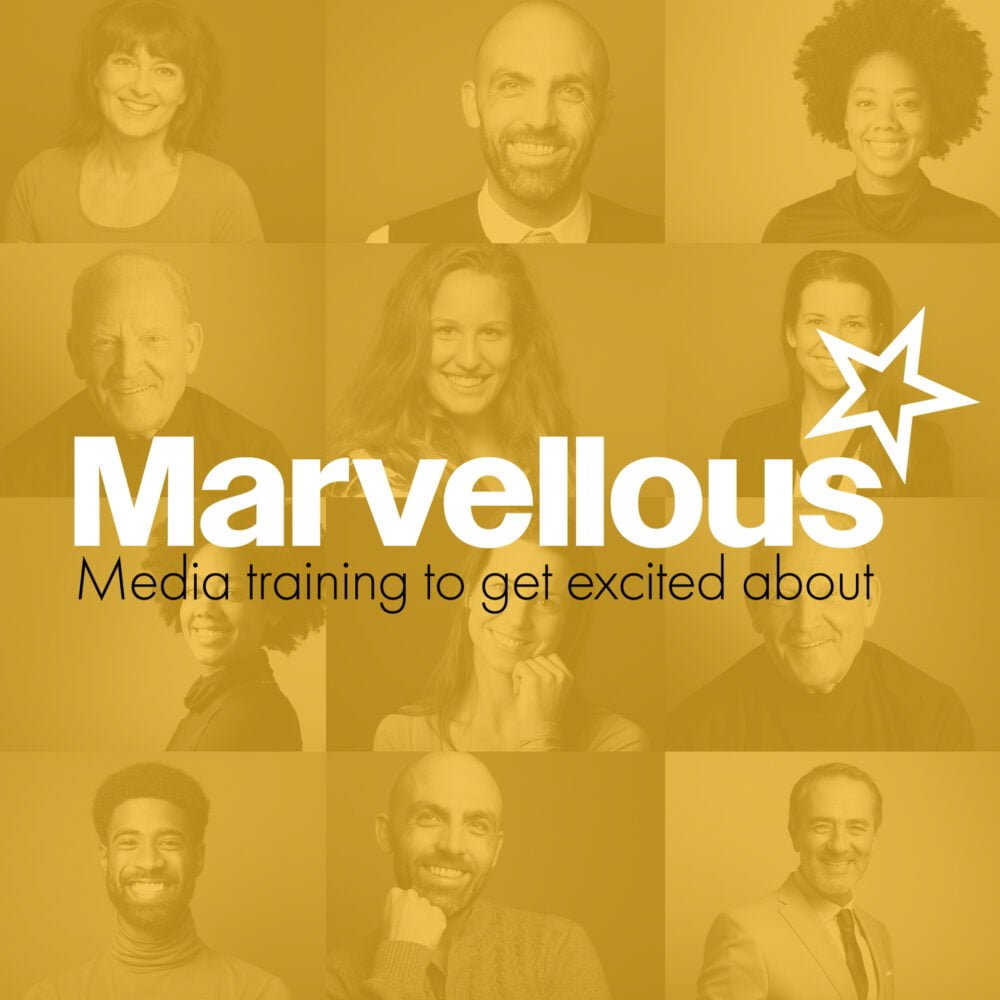
What are key messages in the media?

Give your leader feedback after a media interview

Why avoid corporate speak and office jargon in media interviews?
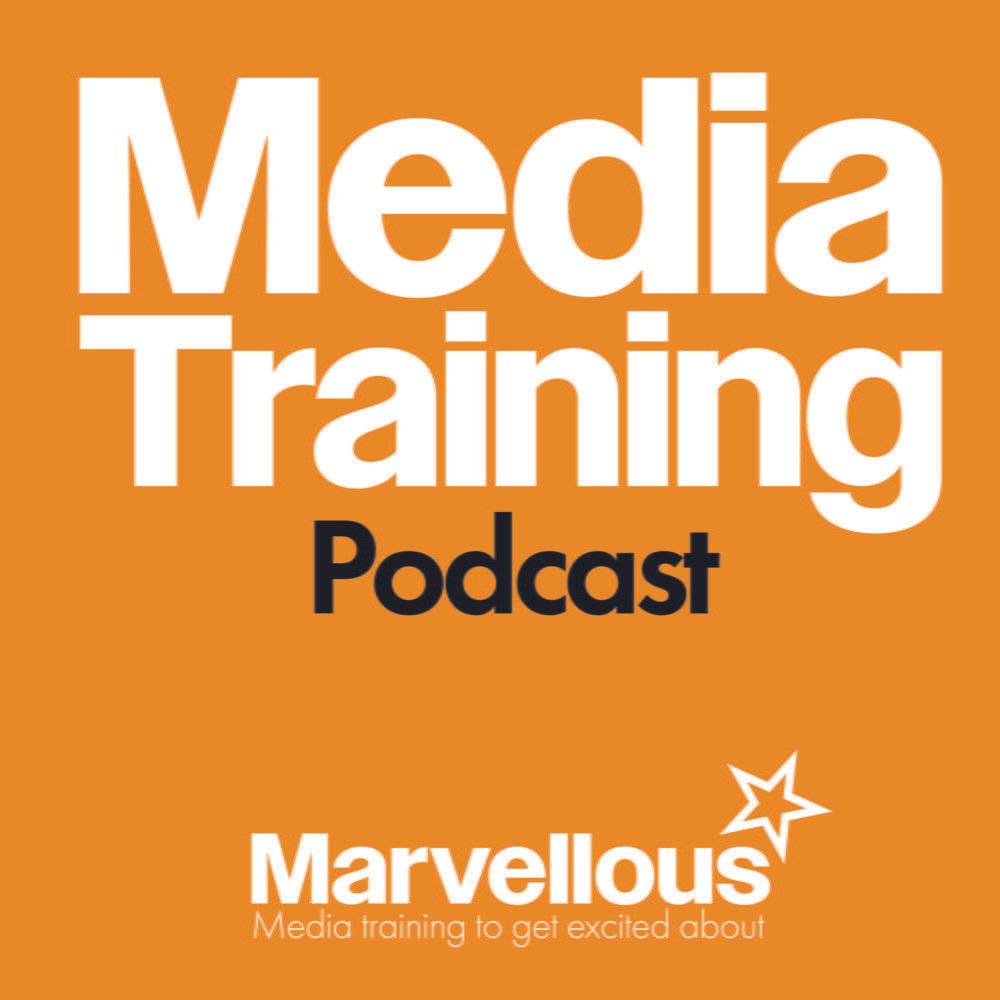
Media interview preparation checklist

How to create a founders’ origin story

How to answer hostile or negative questions from a journalist

How to be authentic in a media interview

Crisis Management: How to write a holding statement
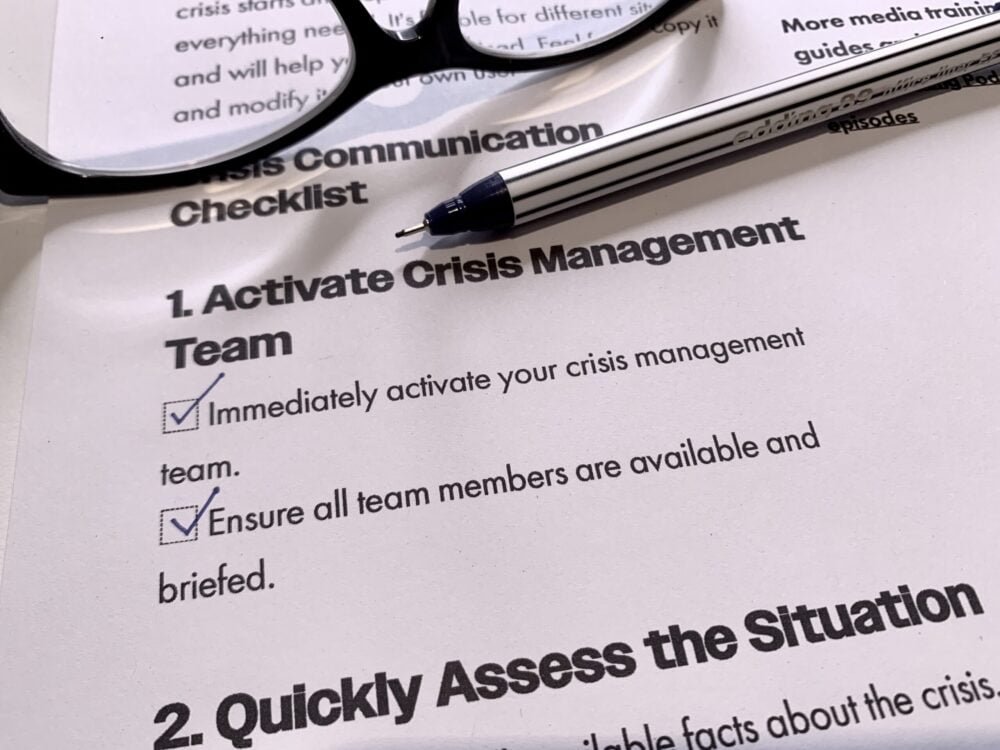
Crisis communications checklist
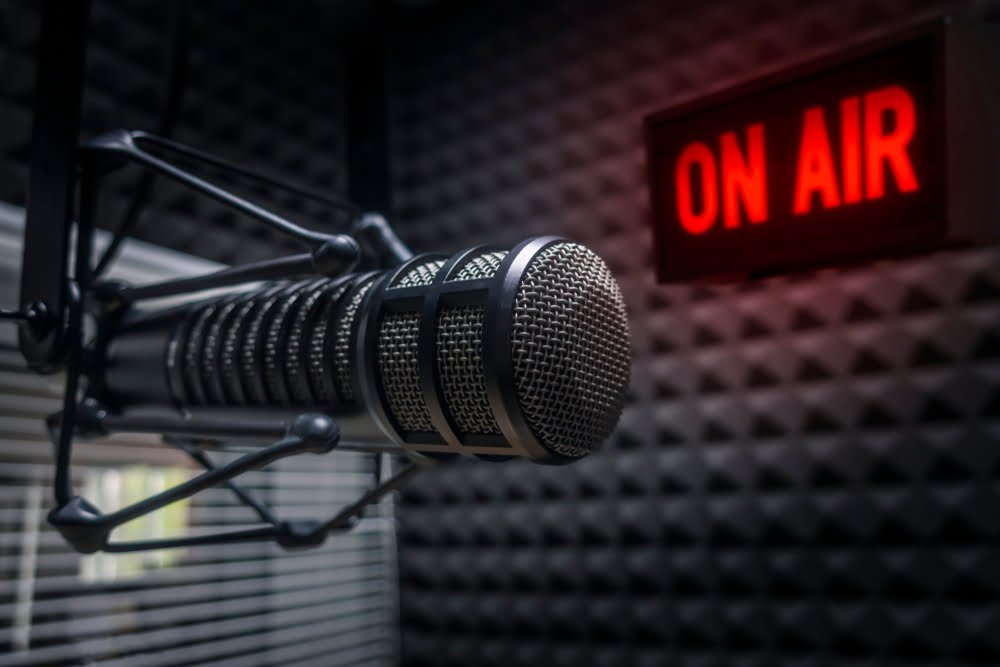
How to create a successful media soundbite
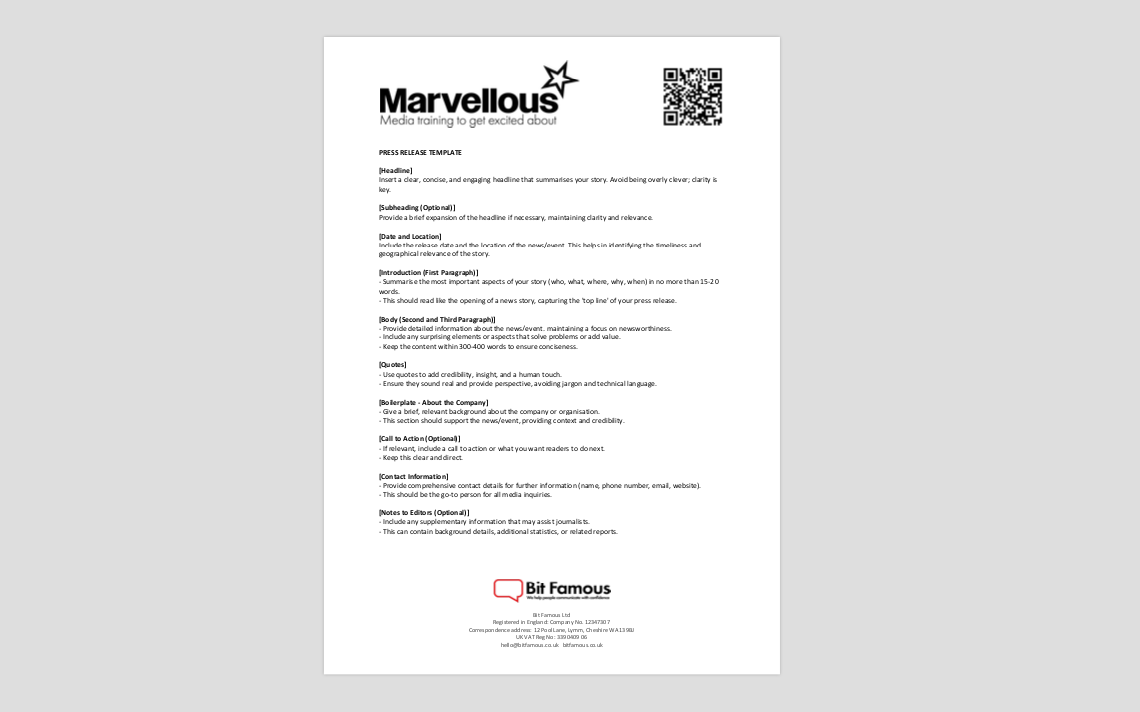
Free press release template (Word)
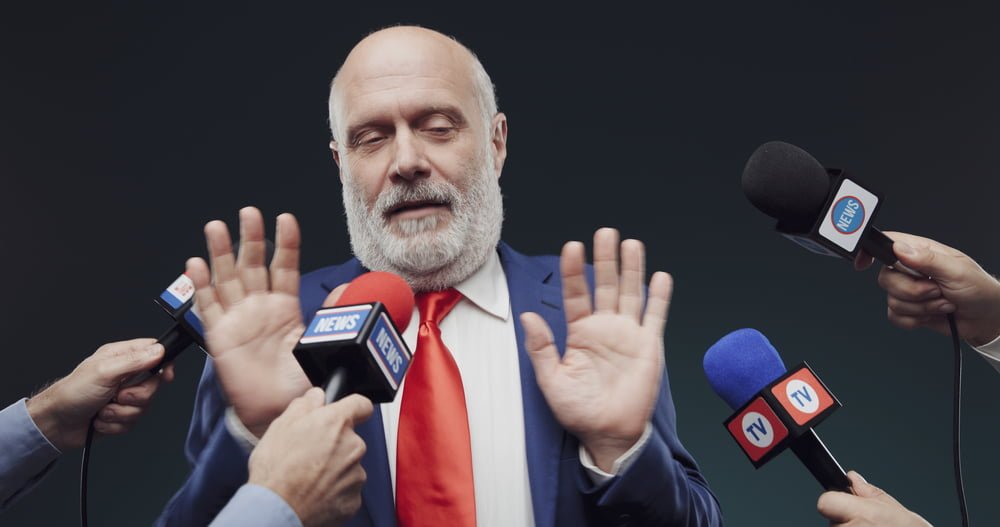
How do you handle a media question you don’t want to answer?
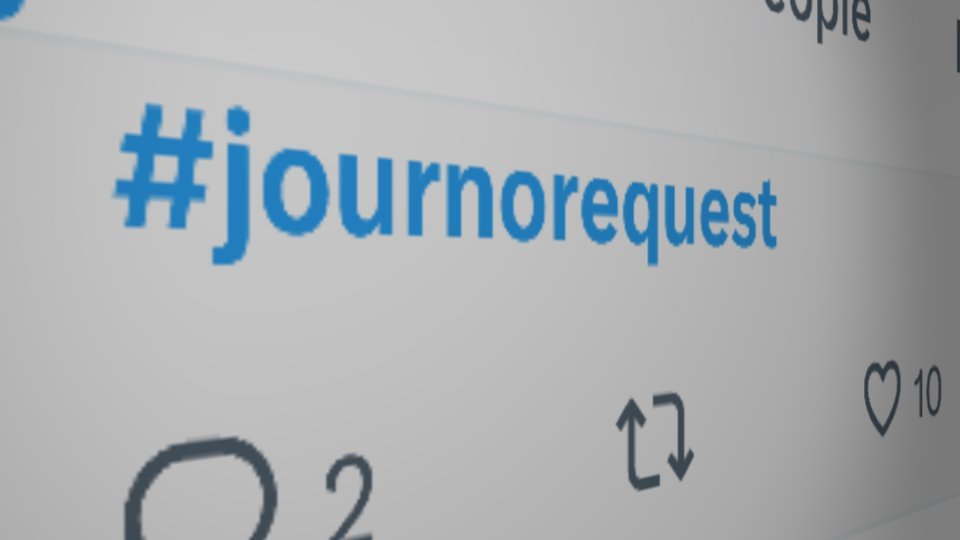
How to use #JournoRequest to get media attention for my business

How do I prepare for a TV interview online using Zoom, Teams or Skype?

How to appear on a business podcast

How to handle a difficult media interview
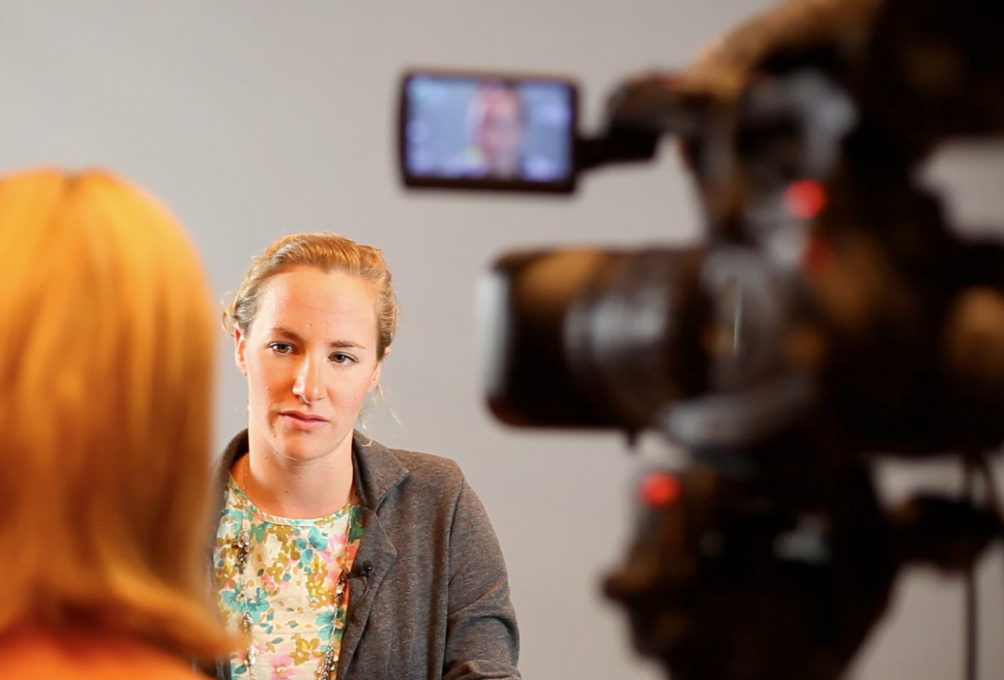
How to get featured in the media

How does the news work?
How can I develop a relationship with a journalist?

Manchester Media Training
How can I incorporate my organisation’s values or mission into a TV interview?
How can I use data or statistics effectively in a media interview?
How can I make my TV interview more engaging for the audience?
How do I research a journalist or interviewer?
How do I look good in a TV interview?

How to decline a TV interview request
Can I have the TV interview questions in advance?
What makes a good TV interview?
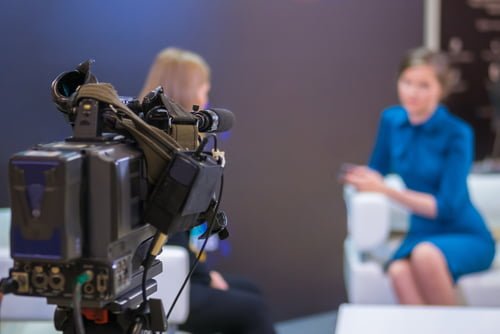
What to expect from a live TV interview
What is the purpose of a TV interview?

How to prepare for your first TV interview

Why do reporters shout questions?

Mastering profile interviews in the media

Media appearances, the unwritten rules

Public apologies, how to say sorry in the media and mean it

Why off-the-record journalism is riskier than you think

What are key messages in the media?

Give your leader feedback after a media interview

Why avoid corporate speak and office jargon in media interviews?

Media interview preparation checklist

How to create a founders’ origin story

How to answer hostile or negative questions from a journalist

How to be authentic in a media interview

Crisis Management: How to write a holding statement

Crisis communications checklist

How to create a successful media soundbite

Free press release template (Word)

How do you handle a media question you don’t want to answer?

How to use #JournoRequest to get media attention for my business

How do I prepare for a TV interview online using Zoom, Teams or Skype?

How to appear on a business podcast

How to handle a difficult media interview

How to get featured in the media

How does the news work?
How can I develop a relationship with a journalist?

Manchester Media Training
How can I incorporate my organisation’s values or mission into a TV interview?
How can I use data or statistics effectively in a media interview?
How can I make my TV interview more engaging for the audience?
How do I research a journalist or interviewer?
How do I look good in a TV interview?

How to decline a TV interview request
Can I have the TV interview questions in advance?
What makes a good TV interview?

